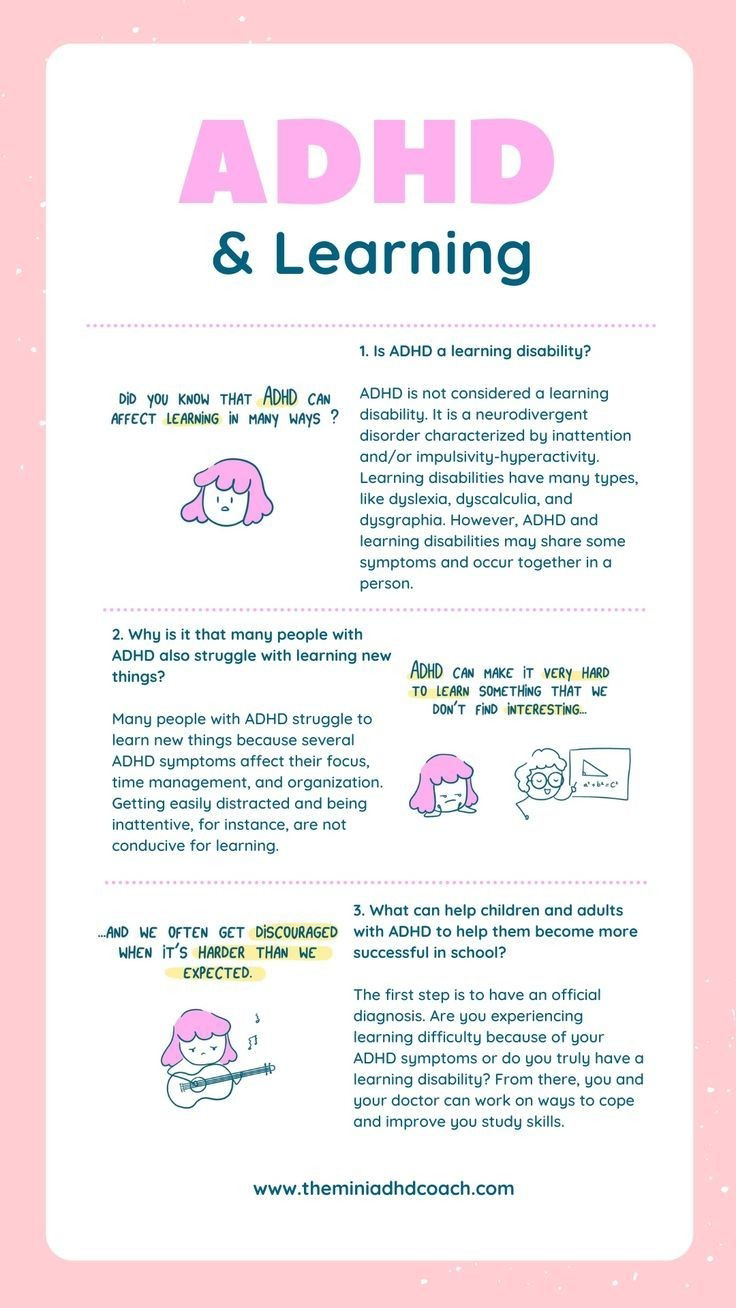ADHD AND LEARNING
Attention-Deficit/Hyperactivity Disorder (ADHD) is a neurodevelopmental condition that affects a child’s ability to focus, stay organized, and control impulses. It’s one of the most common mental health disorders in children and can impact various aspects of their life, including their education. Symptoms of ADHD often include difficulty paying attention, hyperactivity, impulsiveness, and challenges with staying on task, even when a child wants to focus. These symptoms vary from child to child—some may struggle more with inattentiveness, while others are more hyperactive and impulsive.
Attention-Deficit/Hyperactivity Disorder (ADHD) is a neurodevelopmental condition that affects a child’s ability to focus, stay organized, and control impulses. It’s one of the most common mental health disorders in children and can impact various aspects of their life, including their education. Symptoms of ADHD often include difficulty paying attention, hyperactivity, impulsiveness, and challenges with staying on task, even when a child wants to focus. These symptoms vary from child to child—some may struggle more with inattentiveness, while others are more hyperactive and impulsive.
Living with ADHD doesn't mean a child can’t succeed academically; it just means they need a different approach to learning. With the right support and strategies, children with ADHD can not only meet but exceed their educational goals. As someone passionate about inclusive education, let me share some ways we can support these children to thrive in school.
Embrace a Structured Routine
Children with ADHD often struggle with attention and organization, so it’s crucial to establish a consistent routine. A predictable schedule creates a sense of security and helps reduce distractions. Try creating a daily planner or visual timetable for schoolwork, extracurricular activities, and homework time. Using colors, symbols, or stickers can make it fun and engaging for your child. Most importantly, stick to the routine as much as possible, but allow for flexibility when needed.
Break Tasks into Manageable Chunks
For children with ADHD, tackling large tasks can be overwhelming. Instead of presenting an assignment or lesson as one long activity, break it down into smaller, more manageable parts. Set short, achievable goals, and offer praise or rewards for completing each step. This approach not only keeps your child motivated but also improves their focus and confidence in handling schoolwork.
Use Active Learning Techniques
Children with ADHD often struggle with traditional learning methods that require sitting still for long periods. Consider incorporating movement or hands-on activities into their learning process. Interactive methods such as role-playing, drawing, using manipulatives, or working on projects that involve movement can help your child stay engaged. Remember, learning doesn’t always have to be done at a desk. Sometimes, getting up and moving around while reviewing material can help them retain information better.
Create a Distraction-Free Zone for Study Time
It’s essential to provide a calm, organized space for your child to study. This doesn’t have to be an entire room, but it should be an area where distractions are minimized. Keep the workspace clear of unnecessary items and turn off background noise like TVs or phones. Some children with ADHD might benefit from using noise-canceling headphones or listening to soft, instrumental music to improve concentration.
Establish Regular Breaks
Children with ADHD may find it difficult to maintain concentration for extended periods. Build in regular breaks during homework or study sessions, allowing them to recharge. A quick 5-10 minute break after every 20-30 minutes of focused work can do wonders for maintaining attention. These breaks can involve physical activities such as stretching, jumping jacks, or even a short walk to help them burn off energy before getting back to the task at hand.
Work Closely with Teachers
A collaborative approach between parents and teachers is critical for supporting children with ADHD. Regular communication with your child’s teachers can help ensure that strategies used at home are mirrored in the classroom. Teachers can also provide insight into how your child is coping in school, and together, you can adjust approaches to fit their learning style. Requesting accommodations such as extra time on tests, sitting in a less distracting part of the classroom, or using assistive technology can make a huge difference in your child’s educational experience.
Focus on Strengths and Celebrate Successes
While ADHD can make certain aspects of learning more challenging, children with ADHD often have incredible creativity, energy, and problem-solving skills. Focus on these strengths and celebrate even the small victories. Whether it's completing a homework assignment, mastering a new skill, or showing improvement in organization, each accomplishment should be acknowledged. Positive reinforcement boosts self-esteem and encourages continued effort.
Teach Self-Regulation Skills
Helping your child develop self-regulation skills is key to their success both in school and in life. Teach them how to recognize when they are losing focus or getting frustrated and introduce calming techniques such as deep breathing or counting to 10. Encourage them to take ownership of their learning by setting personal goals and reflecting on their progress.
Raising and educating a child with ADHD requires advocacy, patience, and a willingness to adapt. No two children are the same, so what works for one might not work for another. However, by creating a structured, supportive learning environment and working in partnership with educators, we can help children with ADHD unlock their full potential and succeed academically and socially.
As The Nairobi Feminist, I believe that every child deserves an inclusive, empowering educational experience, and children with ADHD are no exception. With understanding, flexibility, and the right tools, we can ensure that they not only survive but thrive in school.I believe our education system needs to adapt. As well as be inclusive to these children.
This article highlights actionable steps and approaches for both parents and educators to support children with ADHD. Empowering children through education aligns with our vision of creating a society that nurtures every individual, regardless of their unique challenges. Let's continue advocating for better, inclusive learning environments.
